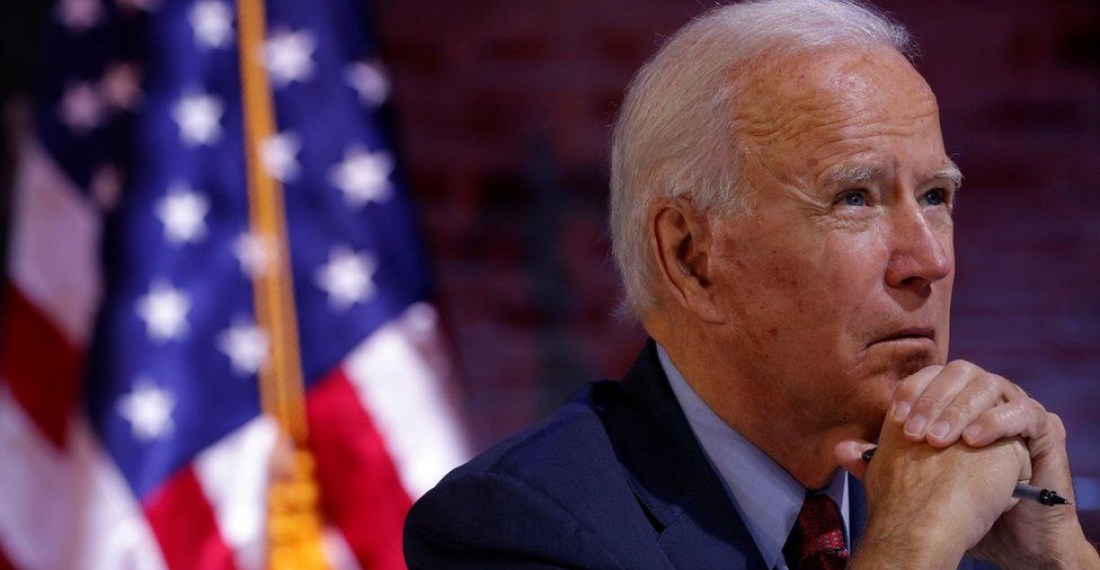"Regardless of the intentions of the US and the future trajectory of the new world order transformation, the democracy vs. authoritarianism vision puts small states located between Russia and Europe in a complicated situation", writes Benyamin Poghosyan in this op-ed.
As the "Unipolar Moment" started to fade away after the 2008 world financial crisis, political elites, the expert community, and academicians in the different capitals of the world launched discussions and debates about the future of the world order. There was no lack of catchy terms – post-American world, multi-polar world, no polar world, polycentric world, the rise of others – which all have one common feature; there will be many players active on the geopolitical chessboard of the globe, and the US will not be able to impose its vision on all of them. The US political establishment coined its term for the emerging world order – great power competition – which is the prevailing theme in all strategic level documents published by the Trump and Biden administrations. The discussions about Europe's strategic autonomy, growing West – Russia tensions, the start of the Ukraine crisis in 2014, India's rise, and increasing competition with China seemed to justify the assumptions about the emergence of the multi-polar world. The global uncertainty triggered regional instability as the absence of the hegemon of world policeman has revitalized the rivalry for regional hegemony among regional players. Regional problems have been increasingly dealt with by regional players, while global powers mainly used proxy forces to push forward their interests. The current mess in the Middle East perhaps is the most vivid example of this trend. Some experts coined the term "regionalization of globalization," seeking to put the practical developments into the theoretical framework. On a smaller scale, this trend manifested itself also during the 2020 Karabakh war. The global players, notably the US and EU, were largely absent during the war, while arrangements to stop it and form the new status quo in the South Caucasus were agreed upon between key regional powers – Russia and Turkey.
While most of the expert community was discussing the consequences of the emergence of this new multi-polar global order, a part of the Western political establishment appeared to seek to bring the world back into the bi-polar confrontation familiar from the original Cold War history. Even before the November 2020 Presidential elections in the US, the idea of establishing some club of democracies started to float in the political and expert circles. Back in May 2020, British Prime Minister Boris Johnson proposed to transform the G7 into D10, adding South Korea, India, and Australia into the club and making it a primary platform to defend democracies and elaborate ways to counter the growing rise of authoritarian powers. Originally the idea was to focus the attention of this new elite club on disruptive digital technologies – artificial intelligence, 5G, data science - to secure the West's edge in these fields amidst the astonishing successes of China.
President Biden expanded this idea, elaborating the vision of the 21-century geopolitics as the battle between democracies and authoritarian powers. During one of the first press conferences after assuming office held on March 25, 2021, Biden declared that the world was facing a battle between the usefulness of democracies in the 21st century and autocracies. During his address to the Congress on his first 100 days in office, President Biden stated that the US had to prove democracy still worked, the government still worked - and could deliver for the people. This idea of a battle between democracies and others may bring back the bi-polar features of the Cold war when the West was opposing the USSR. It replicates the Cold War by narrowing the geopolitics as a fight between two primary players - the free world vs. USSR then and democracies vs. authoritarians now - and adds a solid ideological component into geopolitics. As the first tangible step to bring together democracies, the US declared its intention to organize the first summit for democracy to be held on online on December 9-10, 2021. More than 100 states, civil society representatives, and private businesses are invited to participate. The US stated that this would not be a single event, and in late 2022 the second, offline summit will occur.
Regardless of the intentions of the US and the future trajectory of the new world order transformation, the democracy vs. authoritarianism vision puts small states located between Russia and Europe in a complicated situation. One such country is Armenia. As one of the newly independent states, it is firmly anchored in the Russian sphere of influence, hosting a Russian military base and border troops and being a member of the Collective Security Treaty Organization and Eurasian Economic Union. After the disastrous defeat in the 2020 Karabakh war, Armenia faces formidable challenges to secure its territory amidst ongoing conflict with Azerbaijan while the future status of Nagorno Karabakh and the fate of 90000 Armenians living there remain in limbo and primarily dependent on Russia. Armenia declared its intention to build a democratic state immediately after gaining its independence in 1991 and, during the last 30 years, moved towards that direction with successes and failures. In this context, the US decision to invite Armenia to take part in the summit for democracy is recognition of Armenian successes in its thorny path of realizing reforms.
However, Armenia has no intention and desire to be involved in great power geopolitics and be another small soldier in the US fights against Russia and China for the actual or imaginary sake of democracy. This game may endanger the mere existence of Armenian statehood. Armenia could not reject the invitation and should participate in the summit. Meanwhile, Armenia should be cautious not to sign any documents that may signal to Russia and China that Armenia acts against their interests.
source: Benyamin Poghosyan is the Founder and Chairman of the Center for Political and Economic Strategic Studies in Yerevan.
photo: US President, Joe Biden
The views expressed in opinion pieces and commentaries do not necessarily reflect the position of commonspace.eu or its partners







